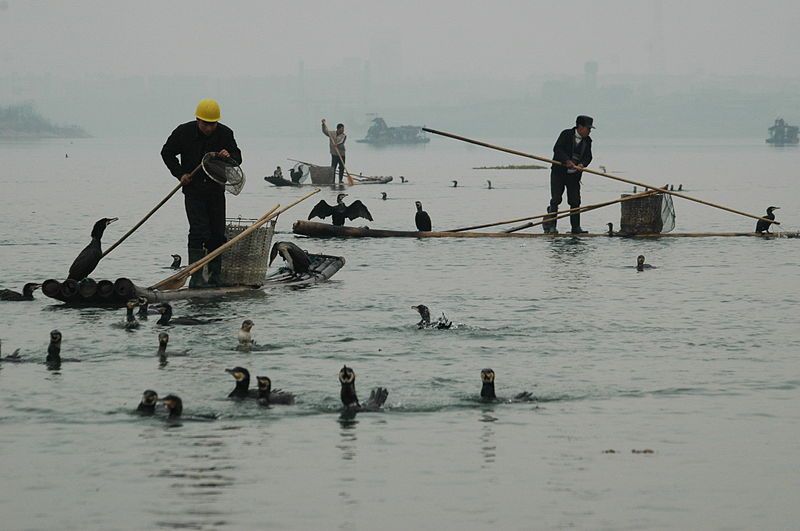Water conservation needed to combat global water shortage
Environmental specialists and water conservation experts have called for action in the fight against water shortages that have been compounded by the effects of climate change.

Environmental specialists and water conservation experts have called for action in the fight against water shortages that have been compounded by the effects of climate change.
Organisations such as Global Nature Fund have stated that issues including the contamination of water resources need urgent attention as they threaten global water supply and are being exacerbated by environmental degradation.
Global Nature Fund addressed such issues at a seminar on lake conservancy and regional development in the city of Gongqingcheng in East China's Jiangxi province, home to Poyang Lake, the country's biggest freshwater lake.
Threats to water conservancy, such as water overuse and declining water quality, are effecting water resources around the globe and require action sooner rather than than later, according to GNF representatives.
Around 200 experts and officials from 19 countries shared their knowledge and experience concerning the exploration and use of lake resources during the four-day seminar, which ended on Tuesday.
Experts believe lakes around the world have been increasingly challenged by climate change and human exploitation, threatening global freshwater security. Discharges of untreated industrial waste water and irrigation water containing pesticide and chemical fertilizers have contributed to the contamination of lakes.
A report from the China Institute of Geo-Environment Monitoring showed that more than 70% of global freshwater resources are used for agricultural irrigation.
Experts warned that the ever-increasing population worldwide will put a strain on irrigation water resources under current irrigation techniques.
The way water resources are managed should be transformed and existing water facilities should be upgraded so as to achieve sustainable development for the lake, said John Pinder, a British environmental protection expert.
Sayana Ayusheeva, a delegate from Russia's Baikal, the world's oldest and deepest lake, said the lake's water quality has been deteriorating because of unregulated tourism and poor public knowledge regarding lake resource conservancy.
Sho Shun Ho, a lake expert from Japan, said water quality in the Lake Biwa watershed began deteriorating in the 1960s and 1970s because of rapid urbanization and industrialization. Occasional discharges of untreated or inadequately treated industrial effluents caused large-scale fish deaths, which ultimately led to a freshwater red tide in 1977.
The Japanese government began to build a large water conservancy project in Lake Biwa in the 1980s, aiming to develop additional water resources, reduce the threat of floods in lakeshore areas, preserve the natural environment and restore water quality.
Predictions indicate that most freshwater ecosystems will be severely impacted according to current climate projections for the middle of the century.
